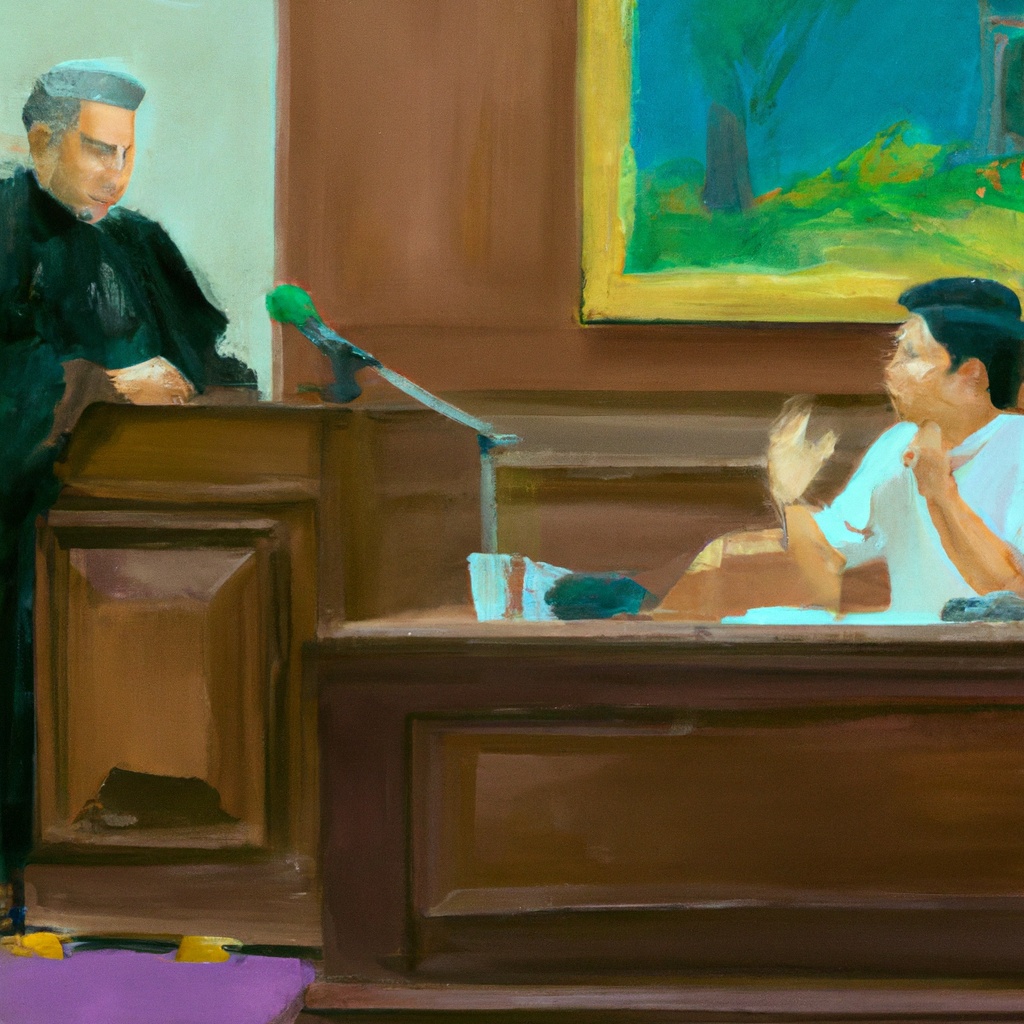A 26-year-old man filed an application in court for a Trust Deed dated 27 July 2020 be terminated and that a S$4.925m property be transferred from his divorced parents – who were joint trustees – to him.
While his mother did not object to the termination, his estranged father did, claiming that the Trust was illegal because the property was purchased to avoid Additional Buyers’ Stamp Duty (ABSD).
There was a similar case we covered in August last year.
The property purchase and Trust execution
When the property was purchased in 2020, his parents, who were in their mid-50s, were still married. The father, who was already retired, and mother, then raised loans to pay for the house and eventually, sold other personal assets, to repay the property loans.
Unfortunately, shortly after the trust was executed, the man’s parents began divorce proceedings in 2021. The father even had to move out and live in a separate flat in Hougang’s Lorong Ah Soo.
In court, the father claimed that when the Trust was created with the legal firm, it was agreed that both parents would hold the property as joint trustees, and if sold, the net proceeds of the sale will be for the sole benefit of their beneficiary son.
The father also claimed that the legal firm had advised him at the time, that the Trust can easily be “collapsed” after the “ABSD period” in four years’ time. After this, the trustees can take back the property.
However, in the judge’s ruling, this must have been confused with Seller’s Stamp Duty (SSD), which is payable if the property was sold within a a specified number of years.

Wanted to divorce-proof son’s future in case his marriage ends in divorce and future wife makes a claim for the property
The father also claimed that there was a loan agreement dated 4 August 2020. According to him, the agreement set out the terms where the parents agreed to loan the son a sum of S$4.925m to purchase the property, with no terms on when the repayment was to be made.
Even so, the loan agreement, while drafted and complete, was never signed.
According to the father, the agreement was meant to protect the son over the long term. He argued that he was concerned that if his son were to marry and the marriage ended in divorce, his son’s future wife may make a claim on the property.
Later on, he changed his argument, saying that the agreement was to protect him and his then-wife, not his son instead.
The S$4.925m property was their sole asset after disposing of all other assets (to repay the housing loans). So he argued that the loan agreement was necessary to reserve the house for him (and his then-wife) in case they were left with nothing.
The judge however, sided with the son’s and mother’s argument – who took the position that the loan agreement was to “protect” the capital sum of $4.925m in the event the son’s future wife attempted to assert any rights over the property due to circumstances like a divorce.

Judge ruled that Trust Deed is not a sham
In his judgment, the judge ruled that evidence showed that the Trust was set up by the parents to transfer beneficial interest to their son.
While the trust arrangement allowed the parents to save on ABSD (15% worth at S$739k), it was an incidental benefit that did not detract from their overall intention to gift their only son with a legacy property.
For example, evidence showed that prior to the purchase of the trust property, the parents owned three other properties, including a terrace house. They also had substantial savings and stocks. So even if they had to pay ABSD, they could very much afford it.
Also, as the Trust Deed was set up as an irrevocable trust, its terms cannot be changed without the beneficiary’s permission.
While the loan agreement was not signed, it further supported the Trust Deed as genuine. This was because the agreement proved that the father – who prepared it – understood that his son was the beneficiary and the intention was to divorce-proof it if his son’s future marriage was to run into trouble.
For example, if his son were to ever get embroiled in divorce proceedings, the property value of S$4.925m would become a matrimonial liability that must first be returned to his parents, before any balance can be divided between son and future wife.
In conclusion, he ruled in favour of the son for the Trust to be terminated and the property transferred from parents to son.
–
Planning to sell your house to upgrade to a new launch condo? Let us help you get the right price by connecting you with a premier property agent.
If you found this article helpful, 99.co recommends Man claimed S$1.55m Property Trust Deed a “sham to avoid paying ABSD” and took ex-wife (joint trustee) and son (beneficiary) to court and Buying properties in trust – What does it mean for property owners with children in light of the cooling measures?
The post 26-year-old beneficiary wins case against estranged trustee dad who claimed S$4.9m house was bought to avoid ABSD appeared first on .

